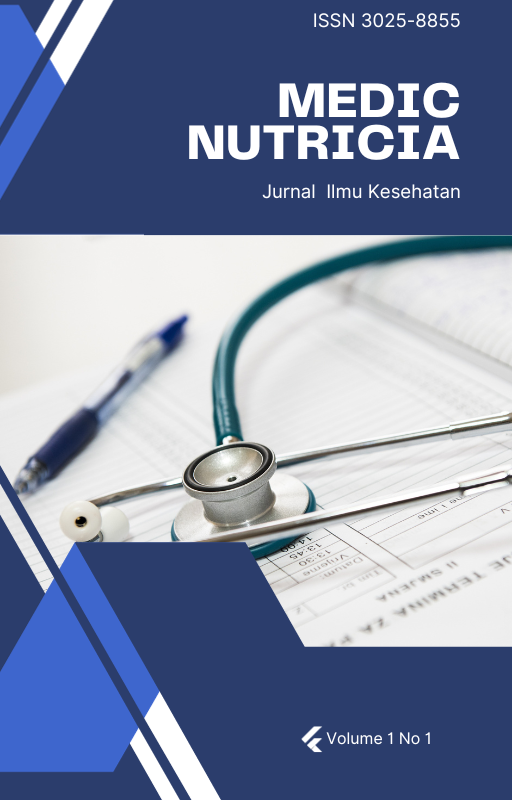OKLUSI VENA RETINA

Abstract
Retinal vein occlusion (RVO) is one of the leading causes of irreversible visual impairment that cannot be corrected with lenses or refractive procedures. RVO is classified into two main forms: central retinal vein occlusion (CRVO) and branch retinal vein occlusion (BRVO), both of which can result in significant loss of visual function. The pathogenesis of this condition is often associated with systemic risk factors such as hypertension, diabetes mellitus, and dyslipidemia, as well as local factors like glaucoma and structural abnormalities of the retina. This study aims to present a current literature review on the etiology, risk factors, diagnosis, and various therapeutic modalities of RVO, while highlighting the latest advances in the management of this condition. The literature review was conducted through a systematic search of articles published between 2010 and 2025 from scientific databases. Included articles consist of epidemiological studies, clinical trial reports, and narrative and systematic reviews related to the diagnosis and therapy of RVO. RVO is a retinal vascular disease that can impact quality of life due to permanent vision loss. Effective therapeutic approaches currently include the use of anti-VEGF agents, intravitreal corticosteroids, and laser photocoagulation for specific indications. Controlling systemic risk factors is a crucial aspect in preventing recurrence and disease progression. Additionally, innovative therapies such as coagulation factor inhibitors and gene therapy offer new hope for improving clinical outcomes in RVO patients in the future.
Keywords
Retinal vein occlusion, CRVO, BRVO, visual impairment, anti-VEGF, intravitreal corticosteroids, laser photocoagulation, gene therapy, innovative therapy